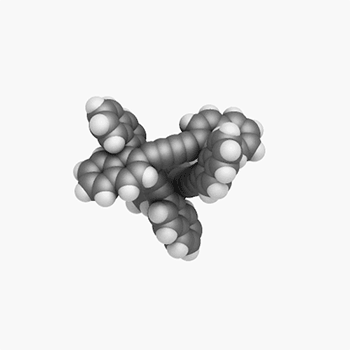How do you simplify #\frac { 4} { 3x - 6} - \frac { 5} { 4x + 4} + \frac { 2} { 5x + 10}#?
1 Answer
Explanation:
You first have to make every denominator the same, so multiply all the fractions by another fraction that equals one.
You get a really large fraction, but from here you just expand simplify. You don't have to expand the denominator because nothing factors easily yet.
Using the quadratic formula, we can tell what the roots are for the quadratic in the numerator.
Since taking the square root of a negative number gives us imaginary answers, we can conclude that the quadratic cannot factor further, and this is the final, simplified fraction:

